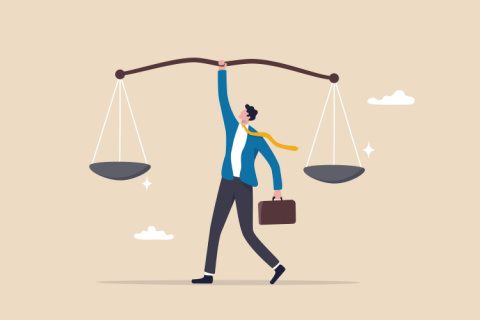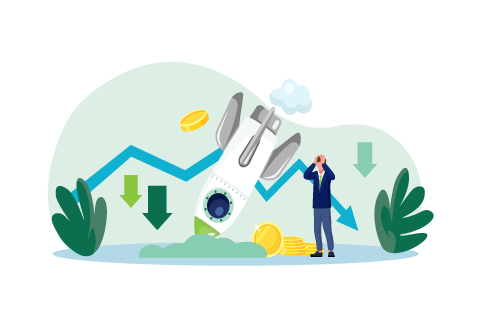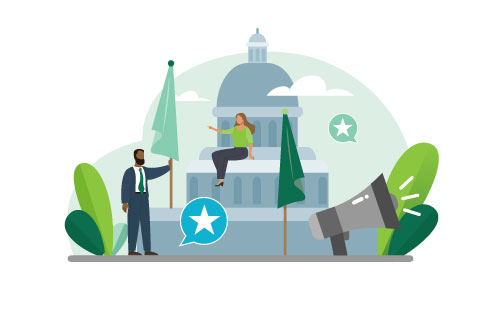I think it would be fair to say that the subject of leadership is under greater scrutiny than ever and, some might argue, in short supply! A key aspect of leadership must be focused on morality – the simple distinction between right and wrong behaviour.
Claiming the moral high ground is a risky territory for any leader, let alone an author, with detractors always waiting in the wings, ready with accusations of hypocrisy. With sleaze and scandal increasingly dominating the headlines, is there still a place for moral leadership within our organisations? I firmly believe the answer is yes. Whether you are a Prime Minister, a CEO or a Customer Experience Director, you have a moral duty to be sure that the organisation you are leading is doing ‘the right thing’ by your customers, employees, shareholders and increasingly our wider society.
I was therefore pleased to read this Observer article last Sunday, filled with examples of businesses being seen to do the right thing by their customers. From replacement casserole dishes to free returns, it was a welcome reminder that many of us continue to work hard to treat customers fairly. Juxtaposed with the results of our latest UK Customer Service Index (UKCSI), Anna Tims’ piece posed the critical question: Poor customer service costs UK firms billions – so why can’t they get it right?
There is no doubt that following two years of pandemic uncertainty, followed by economic and social unrest, that standards are slipping. Our UKCSI shows that satisfaction is down overall and the gap between the best and worst performers is growing. Customers are experiencing a high number of problems and satisfaction with complaint resolution has fallen. Our job as leaders is to hold ourselves to the highest standards, while having an honest adult-to-adult conversation with our customers about reasonable expectations.
Referring back to one of the examples in the Observer article: supplying a brand new casserole dish for a customer unable to find a replacement lid for a 30-year-old product is not cost-free. It reflects consideration of the value of a long-term relationship with a customer and their family that spans decades and is right for a brand that can charge a considerable premium over the competition.
However, as the cost of living crisis continues to bite, such decisions will undoubtedly become harder, and what is fair not only to the individual, but the collective customers will be critical moral decisions for each of us.
Whilst at a recent breakfast meeting this week, I was struck by something one of the contributors shared – to drive the business forward, you must do something that is not always in your interest… the subtext being it’s the right thing to do.
I believe our moral duty as leaders is in the face of an ever-changing landscape to the best of our ability is to act fairly as commercial or public service organisations in the interests of customers, employees and stakeholders. This has been the case for many years, but really focusing on these things will drive forward our Service Nation.
As ever, I’d love to hear your views on what you consider fair and would be keen to share in a future statement where consensus lies across our membership and the many industries in which we operate.



